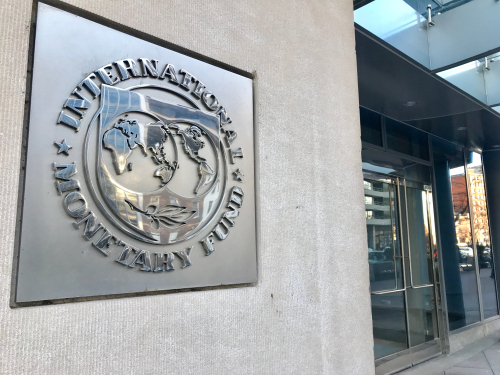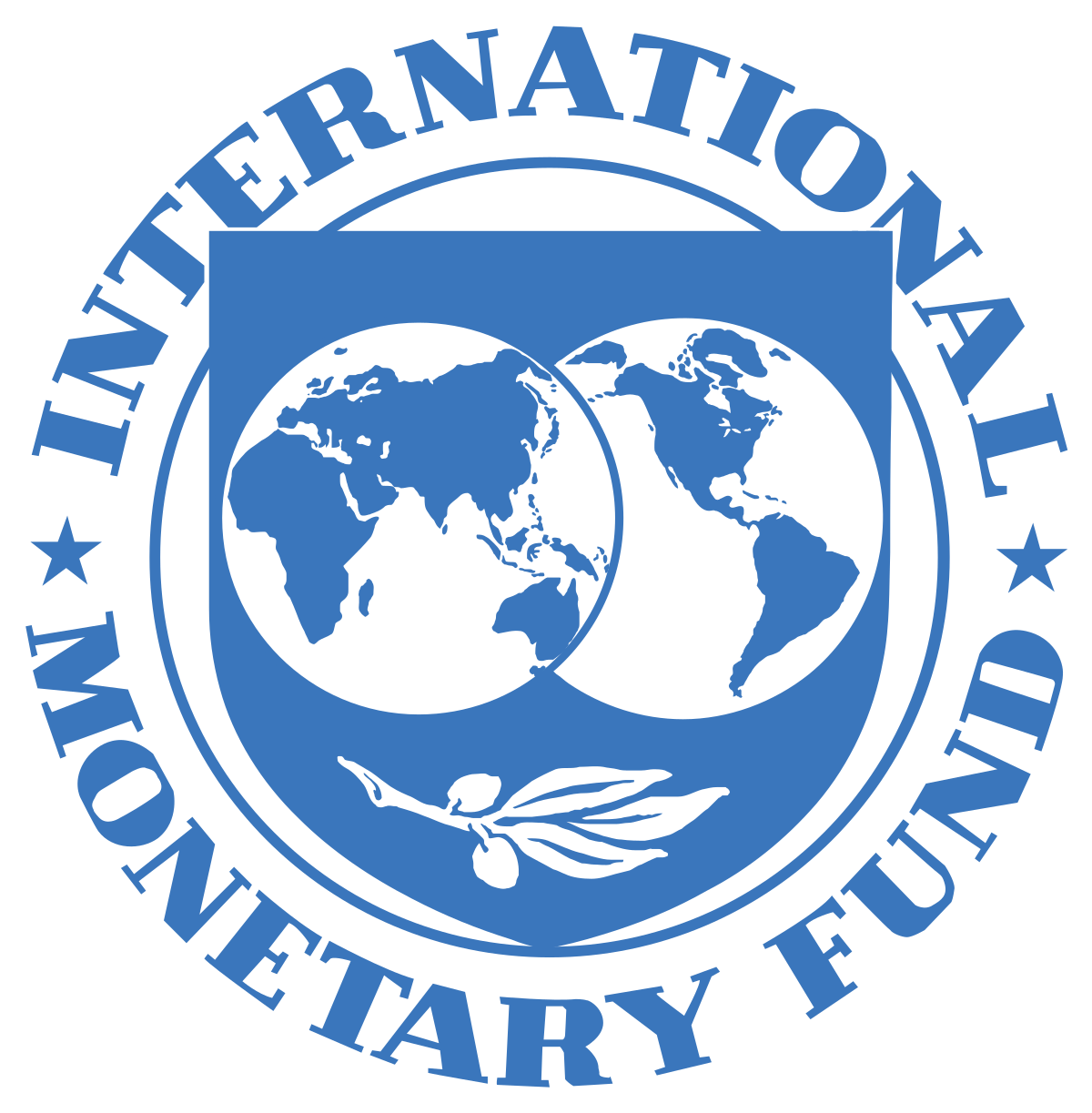Risks to financial stability have increased in recent weeks as soaring debt levels and the rapid transition to higher interest rates have created vulnerabilities in the market, the International Monetary Fund (IMF) has warned.
Speaking at the 2023 China Development Forum last Sunday, Kristalina Georgieva, managing director of the IMF, said uncertainty in the finance system remained high following the recent turmoil in the banking sector with the medium-term outlook for the global economy remaining weak.
The collapse of Silicon Valley Bank and UBS’s takeover of Swiss rival Credit Suisse has spread fears of contagion risk throughout the banking system.
European banks’ share price tumbled last Friday morning as concerns over the health of the banking system intensified, while the two-year US Treasury yields experienced their biggest three-year decline in 35 years.
“It is clear that risks to financial stability have increased,” Georgieva said. “At a time of higher debt levels, the rapid transition from a prolonged period of low interest rates to much higher rates – necessary to fight inflation – inevitably generates stresses and vulnerabilities.”
Central banks and policymakers have moved quickly to assuage fears by protecting depositors from bank failures but Georgieva added uncertainty remains high.
“Policymakers have acted decisively in response to financial stability risks, and advanced economy central banks have enhanced the provision of US dollar liquidity,” she continued.
“These actions have eased market stress to some extent, but uncertainty is high which underscores the need for vigilance.”
Georgieva added worsening geopolitical factors meant could lead to a “dangerous division” among economic blocks that would leave “everyone poorer and less secure”.
“We continue to monitor developments closely and are assessing potential implications for the global economic outlook and global financial stability,” she warned. “We are paying close attention to the most vulnerable countries, in particular low-income countries with high levels of debt.”
Despite this, Georgieva said China’s growth outlook would deliver a “welcome lift” to the world economy and is predicted to account for around one-third of the global growth in 2023.
The IMF has forecasted China’s GDP growth at 5.2% for the year, two percentage points (ppt) higher than 2022 and well above the global historic average of 3.8%, as the country has reopened following the pandemic.
“Beyond the direct contribution to global growth, our analysis shows that a 1ppt increase in GDP growth in China leads to 0.3% increase in growth in other Asian economies, on average – a welcome boost,” she said.
Investors have been flocking to China ETFs so far this year, with the iShares MSCI China A UCITS ETF (CNYA) and the iShares MSCI China UCITS ETF (ICHN) recording inflows of $939m and $444m so far this year, respectively, as at 27 March, according to data from ETFLogic.
The ETFs recorded a positive start to the year having rallied in late 2022 but have seen their early-year gains wiped off in recent weeks with increased tensions between the US and China are likely to ensure volatility remains in the market.





